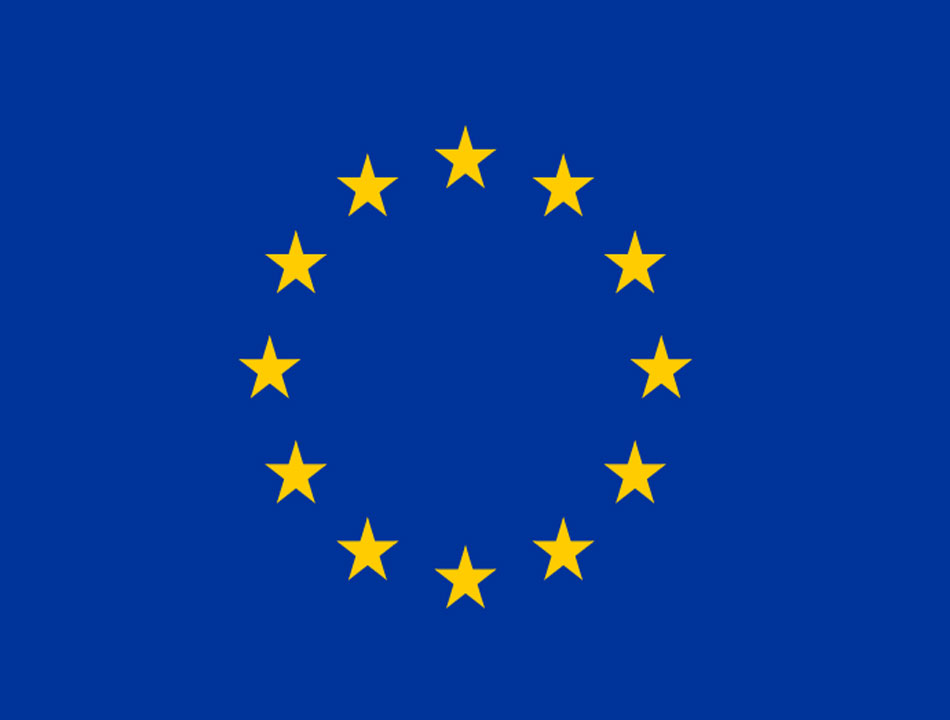
The European Union on Thursday released that it will impose a universal charger for smartphones, across Europe, setting up a tussle with Apple and its widely used iPhone connector cable.
According to the EU, a universal cord for all gadgets would reduce electrical waste, but Apple claims that a one-size-fits-all charger will stifle innovation and lead to more pollution.
The EU, which is a massive market of 450 million consumers, having a standard USB C-Type cable, will cause a drastic effect on the global smartphone market.
EU executive vice president Margrethe Vestager in a statement, said, “European consumers have been frustrated long enough about incompatible chargers piling up in their drawers."
Adding, "We gave industry plenty of time to come up with their solutions, now time is ripe for legislative action for a common charger."
Currently, consumers have to choose between three options, one is Apple’s lightning cable, the other is the micro-USB charger, which was popular, lastly the USB C-Type, which is increasing in popularity, as well.
Although the range has simplified to a large extent from 2009 when every company had its type of charger, which were bundled with mobiles, creating piles of electronic garbage when users changed brands, according to the EU it still needs to be streamlined.
The EU stated that the present scenario is "inconvenient" and that European consumers spend over 2.4 billion euros ($2.8 billion) on independent chargers that are not included with their electronic gadgets each year.
However, Apple is not sold on the idea. Apple, which already supports USB-C connections on some of its iPads and laptop computers, claims that legislation requiring all mobile phones in the European Union to use a universal charger is unnecessary.
Apple said, "We remain concerned that strict regulation mandating just one type of connector stifles innovation rather than encouraging it, which in turn will harm consumers in Europe and around the world."
Previously in 2009, the EU had made a voluntary agreement, with the device industry, that did see a major reduction in electronic waste. Yet, then as well Apple did not abide by it.
The report of the EU, which still might change and need ratification, says that this policy does give the smartphone manufacturers a period of 24-months, to make the switch, which according to the EU is "ample time" for companies to fall in line.
However, according to Apple, the two year transition period will prove to be a bigger worry, since it could potentially prevent the sale of the current device since these would become redundant anyway in the future.
|
|
Supratik Mitra is a student of political science at the University of Delhi.
While completing college, he continues to work as a reporter, working with many
media houses previously. He is interested in Indian politics and Science and
Technology and is also an avid policy researcher. He reports and writes articles
on national news, science and tech news, and health news.
Office Address: D-16/116, Sector-3, Rohini Delhi - 110085 India.
Email: contact@newstrackindia.com


Comments: